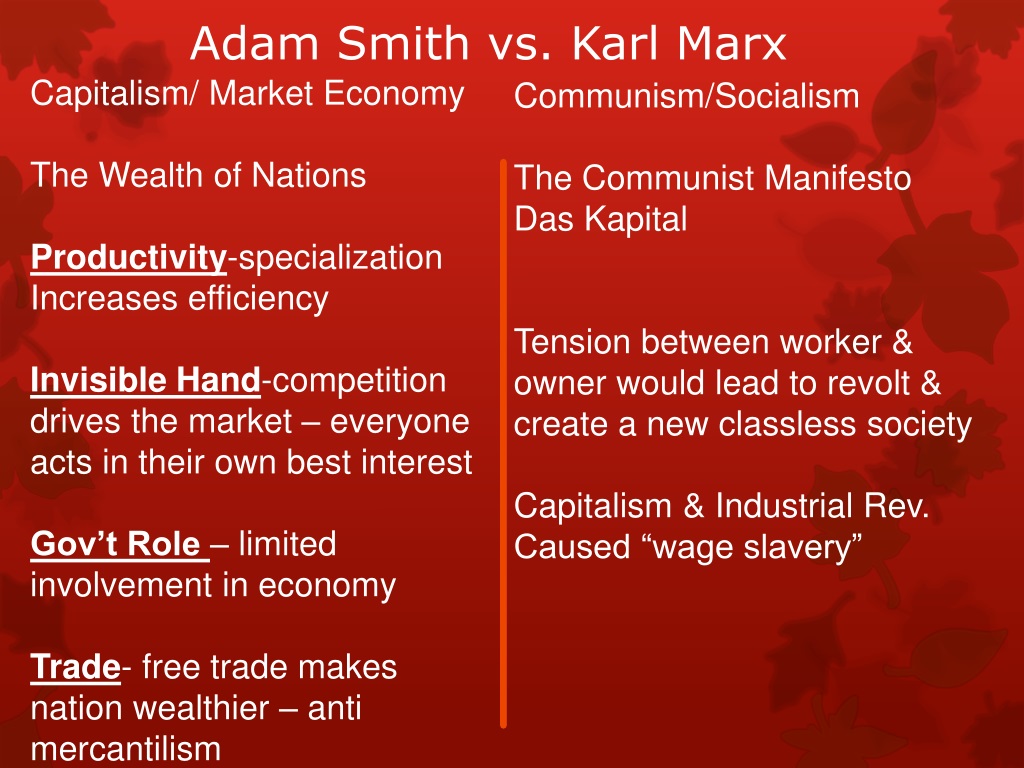

Smith and Bernard Yack, each of whose views have powerful overlaps with each other and with various others subscribing in part or whole to this broad category of thinking so much so that it is not necessary to pigeon-hole contributors as belonging to any single one of these three categories. The views of some important representative thinkers are taken up here - notably Steven Grosby, Anthony D.

Perennialism, Primordialism, Ethno-Symbolism It is with this broad category of thought that we will start before coming to the modernist school. In this respect they are aligned with those who because they emphasize the centrality of a cultural heritage of some sort to the notion of the nation, insist on tracing its foundations to a pre-modern, often ancient past. Nevertheless, even among modernists, there is a small minority which while acknowledging the modernity of the nation, believe that the more important things that have to be said about the nation really come from addressing its cultural dimension whose roots belong much more to the past. That is to say, the emergence of the nation cannot be understood separate from its connection to the effort to establish some political control over a territorial space, i.e., autonomy within the modern form of the state - the nation-state or the multi-national state alternatively, to merge with an existing nation-state or to establish a new nation-state. Insofar as the nation is both cultural and political, what distinguishes the modernists - namely those who believe the nation is a wholly modern construct - is that they give much more weight to the political dimension. Of course, a whole host of nations and nationalisms only emerge in the 20th century with the rise of anti-colonial struggles. But how modern is modern? Depending on how one perceives the background conditions and causal factors that have given rise to the nation, the dating of the origins of the first nations, ranges from the 16th century to the beginning of the era of industrialization. So where do we start our exploration? The dominant current in the general discourse sees the nation as a modern phenomenon. Is the nation defined by objectively given characteristics of language, ethnicity, territory, history, etc., or by subjectivity alone? Does nationalism engender the nation or does the nation precede the emergence of nationalism? Is nationalism inclusive or exclusive? Is nationalism civic or ethnic? Is nationalism particular or universal? Is nationalism progressive or regressive? Or is nationalism all of the above in variable admixtures? Given these ambiguities it is hardly surprising that so many important modern thinkers from Marx to Freud to Weber to Durkheim to Keynes to Gramsci to Trotsky to Foucault have had so little to say about it. To get a sense of just how complex these two phenomena are, and of the relationship between them, let us list some of the various questions that have been thrown up about the nation and nationalism. So even as one must adjudicate as to the relative worth among these approaches and mark out and explain clearly one’s preferential choices, it is also the case that among the otherwise dismissed approaches - dismissed because they are more limited or inadequate in their overall comprehension - some approaches nevertheless provide a deeper insight into this or that aspect of the nation and/or nationalism. Moreover, given the multi-hued character of these two phenomena, there are overlaps among these different theorizations. Is the nation old or new? Is it predominantly cultural or political? That is to say, even as most would accept that the nation (and nationalism) is both cultural and political, which is the dimension that is more important for grasping its (their) nature? From these two basic divides in perspective stem a whole host of ambiguities of comprehension and assessment that has created a situation whereby all theories of the nation and nationalism are partial. Two central divides exist with respect to mapping the nation and hence its relationship to nationalism. By contrast there is widespread acceptance that nationalism - whether understood as doctrine, ideology, sentiment, identity, or movement - is a modern phenomenon.

In the broad social sciences as well as in the discourse on politics, there is no consensus on how we should understand the nation - what its origins are, or on its meaning and value. Thanks to the Society for Marxist Studies, New Delhi for permission to republish this article.


 0 kommentar(er)
0 kommentar(er)
